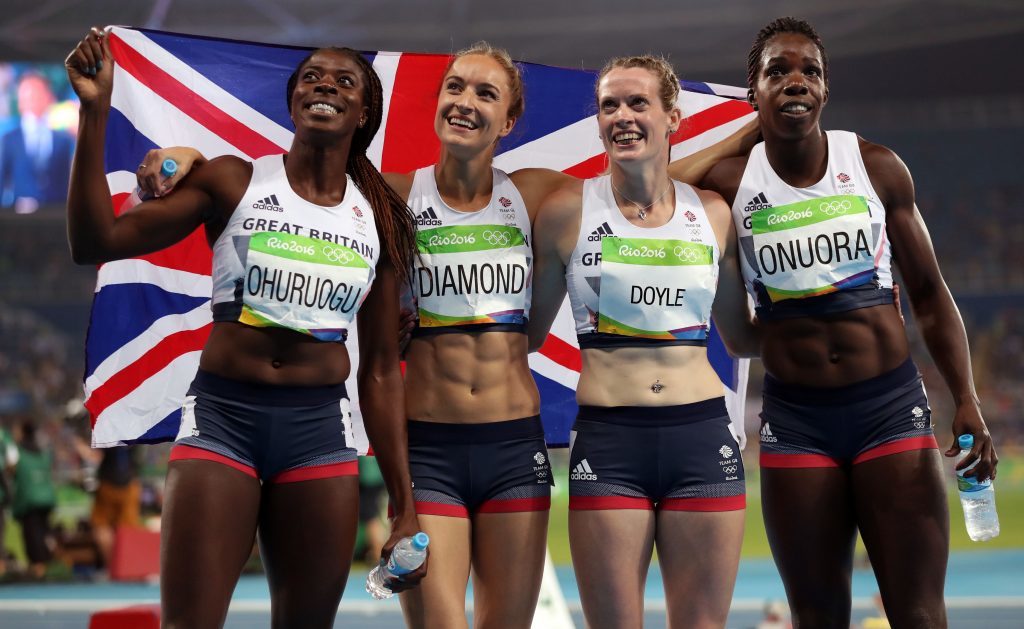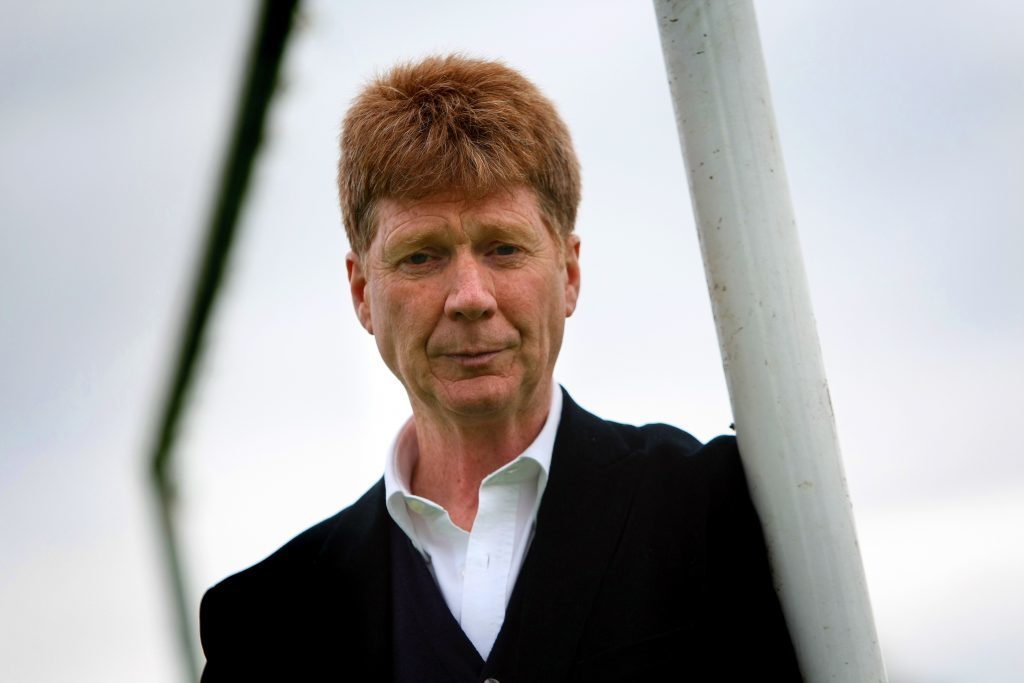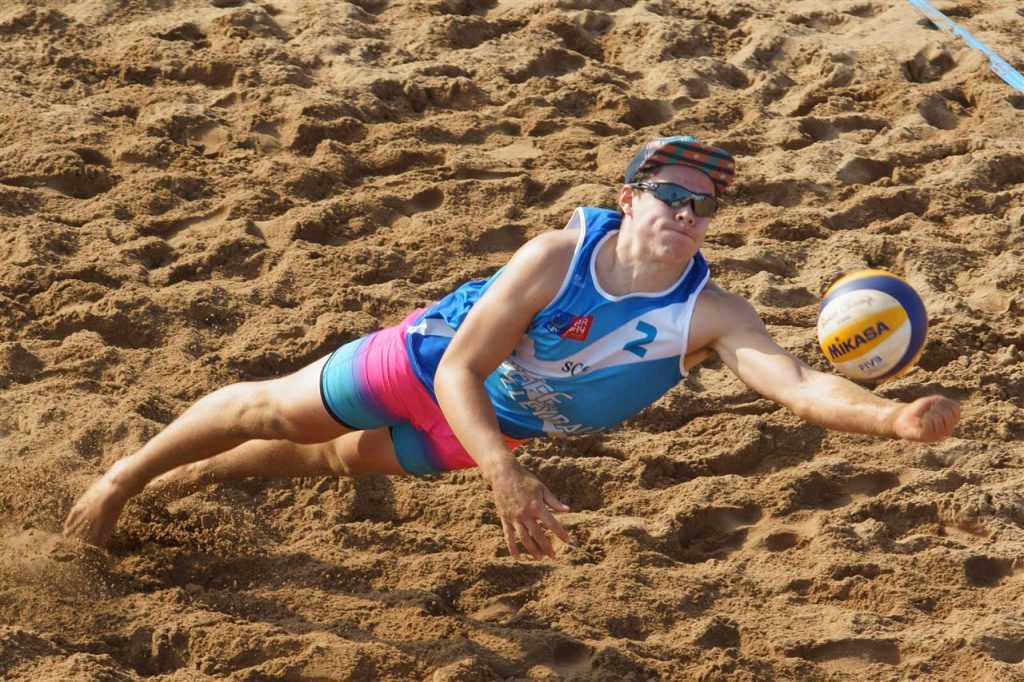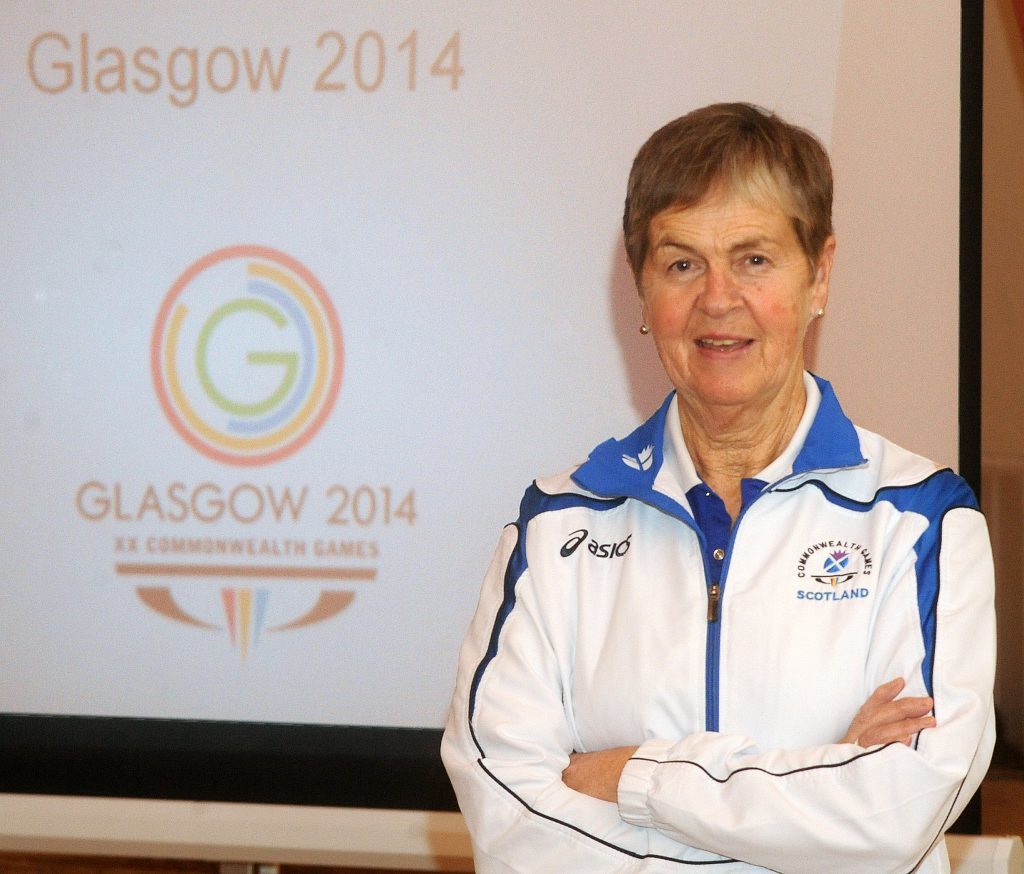As it emerges Team GB’s 67 medals each cost £4.1 m funding over four years, should future funding target the elite or grassroots sport? Michael Alexander and Jack McKeown speak to experts for and against.
JIM SPENCE – FOR ELITE SPORT FUNDING
Jim Spence is a Scottish sports broadcaster from Dundee. A Courier columnist, he is a fan of Dundee United FC and joined the club in May as a consultant.
He said: “When it comes to Olympic medals some folk know the cost of everything and the value of nothing.
“The actual cost to the taxpayer according to the Sport Industry Research Centre, of Team GB’s record haul of 67 medals in Rio, is actually £1.09 per person per year, or the cost of a bus fare into town.
“With two thirds of the funding coming from the lottery, which is a voluntary purchase by members of the public, the actual cost to the taxpayer is buttons. The value in terms of role models and inspirational feel good factor is priceless.
“The debate is polarised between whether elite athletes should be funded or grass roots should be given the money, but it’s a false argument. It’s like love and marriage, you can’t have one without the other.
“There is a base and a pyramid and we need both. The base provides the elite sports stars after all. Most cyclists and club runners and sports folk will never become Olympians, but they will train on the same tracks and gyms and velodrome’s as the top stars, and they’ll push themselves to their very limits to be the very best they can be.
Sporting endeavours
“In so doing they will find camaraderie and friendships which will last a lifetime and sustain them in their sporting endeavours which will keep them fit and healthy both physically and mentally.
“In doing all of that they can aspire to being a Usain Bolt or a Laura Trott while in all probability never ever coming close. It’s the taking part that’s important: that and the benefits which society reaps in producing grounded, rounded and healthy individuals.
“Sport is a metaphor for life: you get out by and large what you put in. It’s much better in my view to have a generation inspired to run, jump, cycle and throw, than store up a mass of future health problems through inactivity and obesity.
“That’s why we should not be quibbling about money spent on the elite, but should be spending even more in schools and sports clubs that we are at present on physical activity.
“The paltry cost of Olympic medals will seem a drop in the ocean to the alternative of a society in which serious issues with drink, drugs and couch potato lifestyle choices will cost more than we can ever afford in physical, emotional and monetary terms.”
SEAIN COOK – FOR GRASSROOTS SPORT FUNDING
Twenty-four year old Seain Cook from Perth is a professional indoor volleyball player. He and Edinburgh’s Robin Miedzybrodzki are aiming to compete in the 2018 Commonwealth Games.
He said: “I first got into volleyball when I was 15. My dad Iain played indoor volleyball for Scotland. I played beach volleyball and was selected for the British Olympic junior development squad which was based in Bath.
“I moved down there when I was 16 to train full time. Unfortunately men’s beach volleyball funding was removed in 2010 and we were all sent home. Because there’s no funding for the beach game I switched to indoor volleyball. I had scholarships in England for three years and have played professionally in Holland for the last two seasons.
“Our team, Seesing Personeel Orion, finished second in the playoffs last season. It was a great experience playing in front of more than 4,000 people three times a week.
Commonwealth Games
“Beach volleyball is where I want to focus though. Robin and I want to play in the Commonwealth Games in 2018. We get a very small amount of funding from the Scottish Volleyball Association and we have a little bit from a private sponsor but apart from that we’re on our own.
“My girlfriend’s Californian so I’m going there until the New Year to train and live with her family. Then we’re going to New Zealand to train there for a month.
“A small amount of funding would make a huge difference to us. If we had an indoor beach court in Scotland we could train every day, all year round.
“Germany didn’t have much of a record in beach volleyball but they invested in the sport. Berlin alone has around 100 artificial courts. Britain has one indoor beach facility, in Bournemouth.
“Germany has won back-to-back gold medals at the Olympics. The men took gold at London 2012 and the women won gold at Rio 2016.
“We’re not going to turn into world beaters overnight but with time and a bit of money it can be done.”
GINA LOGAN – FOR GRASSROOTS SPORT FUNDING
Cupar swimming teacher Gina Logan, who was deputy manager in the Athletes Village at the Glasgow 2014 Commonwealth Games, was with the Team GB swimming team in Rio as a visitor.
She said future investment “must go down to grass roots”.
She said: “It costs and sage group swimmer approximately £10,000 per year with training and competition. How many stars of the future are we losing? The GB feel good factor only lasts a very short time – but there’s no taking away the hard work and commitment these Olympians give over many many years and the commitment of coaches and family.”
malexander@thecourier.co.uk





